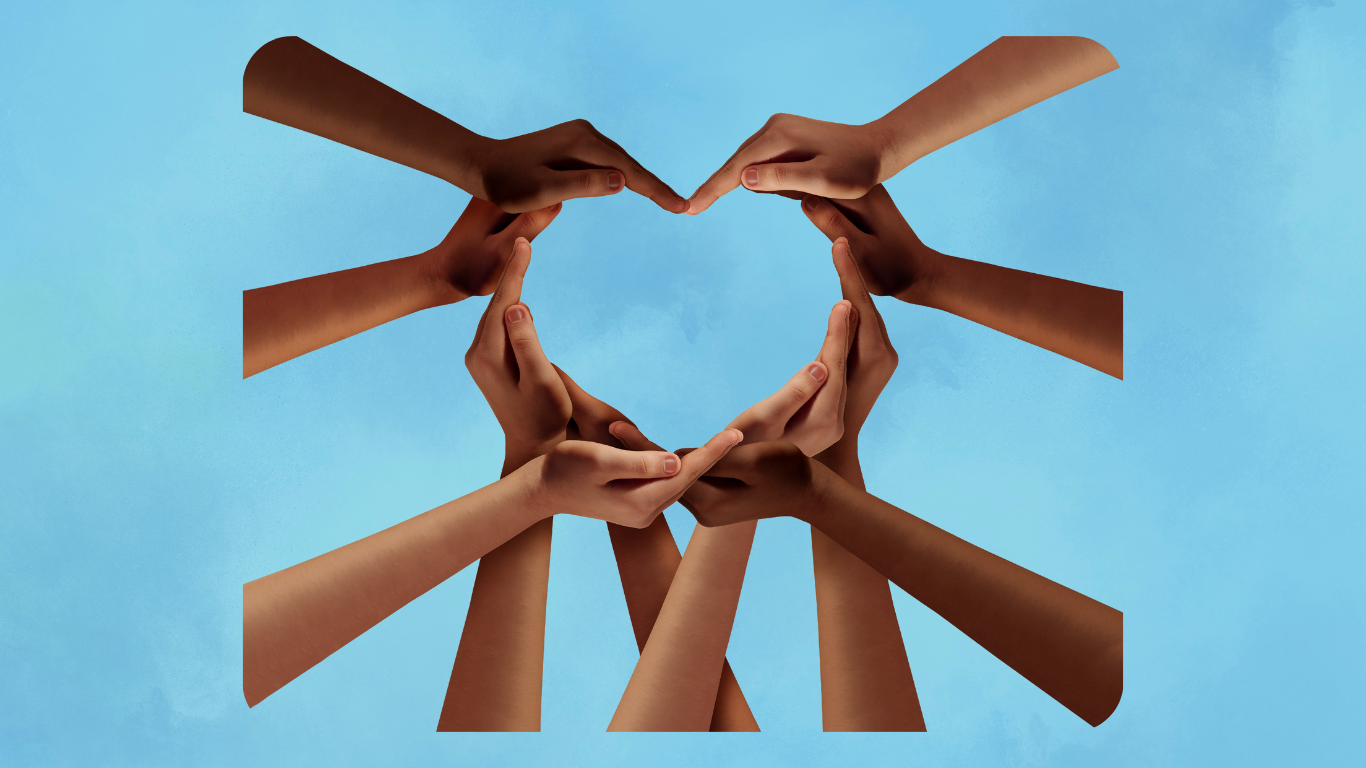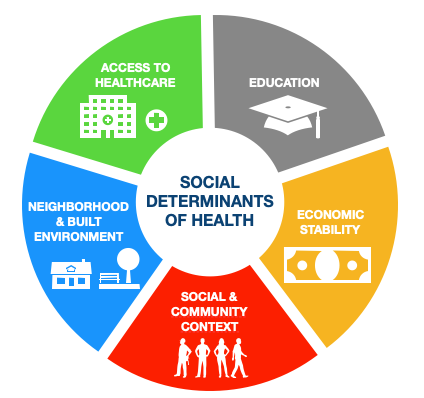Background and History
The Help Foundation was incorporated on September 17, 2021 in Philadelphia, PA by co-founders Eileen Brown (Vice President) and Moor Ali El aka Mark Ensley (President). The organization received IRS determination of 501c3 tax-exempt status on February 3, 2022.
Vision
The Help Foundation aims to be a model community foundation exemplifying the best practices of an independent philanthropic organization. It will enable donors to contribute cash, trusts, bequests or real property to create permanent endowments. The income from these endowments and other fundraising instruments will be used to benefit poor, distressed or underprivileged people within the Philadelphia Metropolitan Area. The Help Foundation will grow to become a sustainable and reliable resource that pools donations into a coordinated investment and grantmaking facility dedicated to helping improve the socioeconomic quality of life in the Delaware Valley and beyond.
Core Values and Principles
The Help Foundation promotes Love, Truth, Peace, Freedom, and Justice for all people.
Transparency, Integrity, Accountability, Respect and Reciprocity in all transactions.
Unity [Umoja] – to strive for and maintain unity in the family, community, nation, and race. This is the first and foundational principle, and the practice of togetherness in all things good and of mutual benefit.
Self-Determination [Kujichagulia] – to define ourselves, name ourselves, create for ourselves and speak for ourselves. This second principle reinforces the basic human right of people to define, defend, and develop themselves instead of allowing or encouraging others to do this.
Collective Work and Responsibility [Ujima] – to build and maintain our community together and make our brother’s and sister’s problems our problems and to solve them together. This third principle is a commitment to active and informed togetherness on matters of common interest. It is also recognition and respect for the fact that without collective work and struggle, progress is impossible and liberation unthinkable. Thus, there is a need and obligation for us as self-conscious and committed people to shape our future with our own minds and hands and share its hardships and benefits together. Such a commitment implies and encourages a vigorous capacity for self-criticism and self-correction which is indispensable to our strength, defense and development.
Cooperative Economics [Ujamaa] – to build and maintain our own stores, shops and other businesses and to profit from them together. This fourth principle is essentially a commitment to the practice of shared social wealth and the work necessary to achieve it. Ujamaa literally means familyhood and suggests a sharing of work and wealth in the manner of a family. It grows out of the fundamental communal concept that social wealth belongs to the masses of people who created it and that no one should have such an unequal amount of wealth that it gives him/her the capacity to impose unequal, exploitative or oppressive relations on others.
Purpose [Nia] – to make our collective vocation the building and developing of our community in order to restore our people to their traditional greatness. This fifth principle is essentially a commitment to the collective vocation of building, developing and defending our community, its culture and history in order to regain our historical initiative and greatness as a people and add to the good and beauty in the world.
Creativity [Kuumba] – to do always as much as we can, in the way we can, in order to leave our community more beautiful and beneficial than we inherited it. This sixth principle is a commitment to being creative within the context of the national community vocation of restoring our people to their traditional greatness and thus leaving our community more beneficial and beautiful than we inherited it. In practice, this kind of creativity has both a social and spiritual dimension rooted in the social and sacred teachings of African societies.
Faith [Imani] – to believe with all our heart in our people, our parents, our teachers, our leaders and the righteousness and victory of our struggle. The seventh principle is essentially a profound and enduring belief in and commitment to all that is of value to us as a family, community, people and culture. Faith is put forth as the last principle as unity is put forth as the first principle for a definite reason. It is to indicate that without unity, we cannot begin our most important work, but without faith we cannot sustain it. Unity brings us together and harnesses our strength, but faith in each other and the Good, the Right, the Beautiful inspires and sustains the coming together and the commitment to take the work to its end.
The Help Foundation
We aim to inspire philanthropy and community service in the public interest toward improving the Social Determinants of Heath (SDOH). These are the conditions in the environments where people are born, live, learn, work, play, worship, and age that affect a wide range of health, functioning, and quality-of-life outcomes and risks. Examples of SDOH include:
- Safe housing, transportation, and neighborhoods
- Racism, discrimination, and violence
- Education, job opportunities, and income
- Access to nutritious foods and physical activity opportunities
- Polluted air and water
- Language and literacy skills

